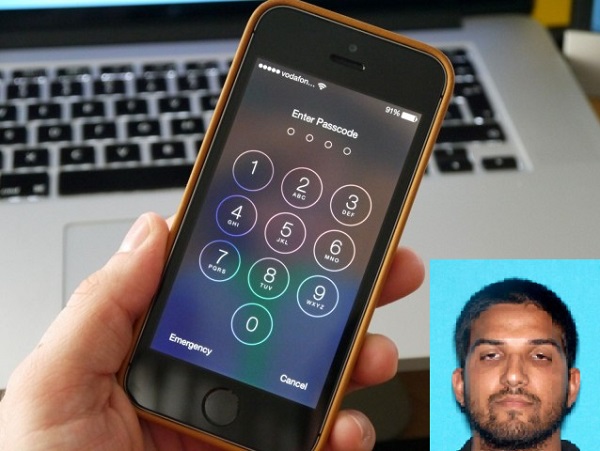For fear they might be opening a Pandora’s Box of future security issues, Apple has refused a court order by the FBI to help its investigators access data on the iPhone belonging to Syed Rizwan Farook, the San Bernardino gunman.

The FBI requested Apple’s assistance in circumventing security software on Farook’s phone on grounds it believes the phone contains crucial information related to the shooting incident.
In a company statement, Apple’s chief executive Tim Cook explained: “The United States government has demanded that Apple take an unprecedented step which threatens the security of our customers.”
“We oppose this order, which has implications far beyond the legal case at hand.”
Some background: since September 2014, data on the newest Apple devices, including text messages, photographs, and more, have been encrypted by default. If the device itself is locked, the user’s passcode is needed in order to access this data. Should an incorrect code be entered 10 times, the device will automatically erase all of its data (if this option is enabled).
Apple has stated in the past that its staff cannot access the data; a decision that followed the Edward Snowden revelations into government surveillance.
In the court order, the FBI made two specific requests of Apple: first, it asked that the company alter Farook’s iPhone to allow investigators the ability to make an unlimited amount of attempts at the passcode without the risk of erasing data. The FBI also wants Apple’s assistance in implementing a way to rapidly try different passcode combinations, so that investigators need not manually type one in each attempt.
The approach the Bureau wants to take is referred to as a “brute force” attack, wherein it will try out every combination until the correct one is discovered, and the phone unlocks. The reason being is because Farook is believed to have used a 4-digit passcode, meaning there are 10,000 possible combinations to attempt.
Apple explained that granting the FBI its requests would set “a dangerous precedent” moving forward.
“The FBI wants us to make a new version of the iPhone operating system, circumventing several important security features, and install it on an iPhone recovered during the investigation,” Cook wrote in the statement.
“The government is asking Apple to hack our own users and undermine decades of security advancements that protect our customers.
“Opposing this order is not something we take lightly. We feel we must speak up in the face of what we see as an overreach by the US government.”
Last December, Farook and his wife, Tashfeen Malik, killed 14 people at the Inland Regional Center in San Bernadino, California. They were fatally shot in the ensuing manhunt.
While it’s not specifically mentioned if the FBI’s request is technically possible, by refusing the FBI’s court order, Apple will likely have the support of its colleagues and users alike.
“We have no sympathy for terrorists,” said Mr Cook.
“We are challenging the FBI's demands with the deepest respect for American democracy and a love of our country.”
Read Tim Cook’s full statement to learn more.
Advertisement
Learn more about Electronic Products Magazine





